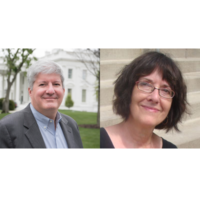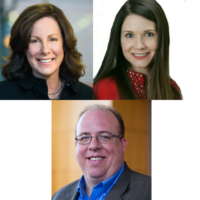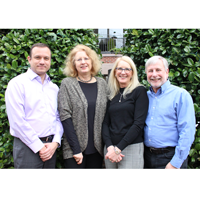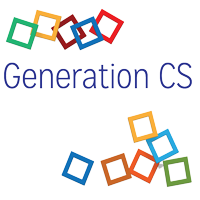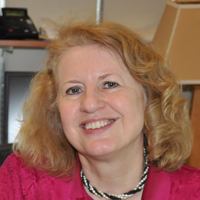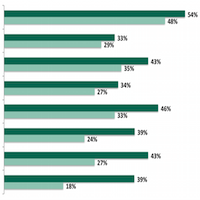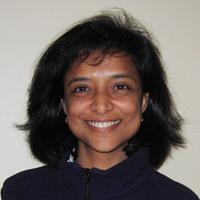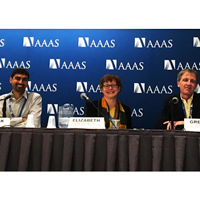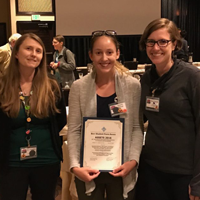
Collaborative Research Experience for Undergraduates
CRA-W will be accepting applications for the 2017-2018 Collaborative Research Experience for Undergraduates (CREU) program starting April 15. Application Deadline: May 18, 2017. CREU is an undergraduate research program that provides research stipends to teams of students working on research projects under the guidance of a mentor at their home institutions.


